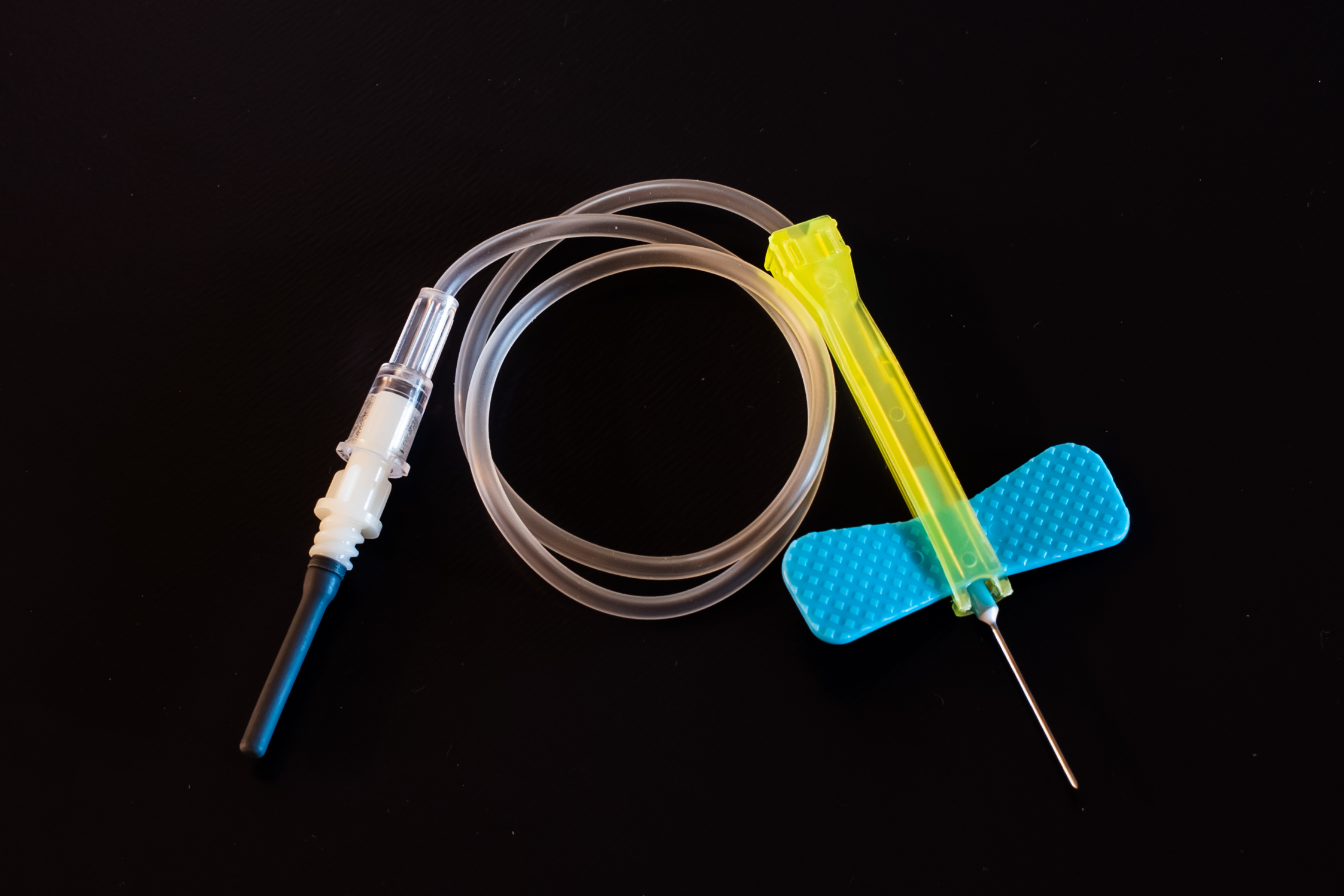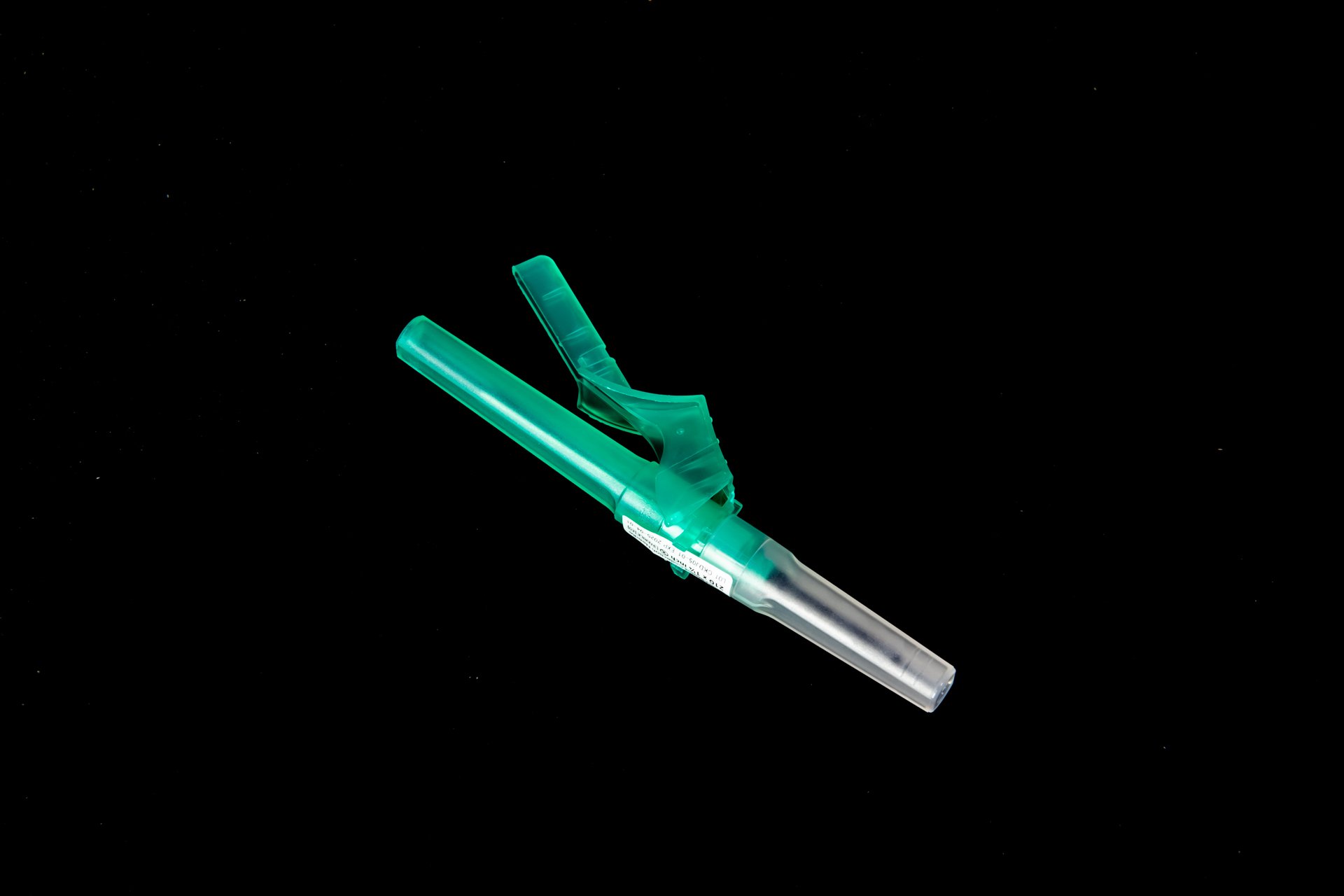Reducing Waste In Blood Collection
Reducing waste in blood collection is a critical aspect of healthcare management. Every year, millions of units of blood are collected for various medical procedures, but a significant amount of this blood goes to waste due to improper handling, storage, and disposal practices. In this article, we will discuss the importance of reducing waste in blood collection and provide useful tips on how healthcare facilities can minimize their waste output.
The Impact of Blood Collection Waste
When blood is collected for medical procedures, it goes through a rigorous process that involves screening, testing, and storage. However, not all blood that is collected ends up being used, leading to waste. The impact of blood collection waste is significant and affects both the healthcare system and the environment.
Some key consequences of blood collection waste include:
Increased healthcare costs
Environmental pollution
Risk of contamination
By reducing waste in blood collection, healthcare facilities can minimize these negative impacts and improve overall efficiency in their operations.
Strategies for Reducing Waste in Blood Collection
1. Optimize blood collection procedures
One of the most effective ways to reduce waste in blood collection is to optimize the procedures used to collect and store blood. Healthcare facilities should implement best practices for blood collection, including using proper equipment, following standard protocols, and minimizing unnecessary blood draws.
By streamlining blood collection procedures, facilities can minimize the amount of blood that goes to waste and improve patient outcomes.
2. Implement inventory management systems
Another important strategy for reducing waste in blood collection is to implement inventory management systems that track blood supplies and expiration dates. Healthcare facilities should regularly monitor their blood inventory and ensure that blood products are used before they expire.
By implementing effective inventory management systems, facilities can minimize the risk of blood waste due to expired supplies and improve overall efficiency in blood collection practices.
3. Educate healthcare staff
Educating healthcare staff on the importance of reducing waste in blood collection is essential for achieving sustainable practices. Healthcare facilities should provide training and resources to staff members on proper blood collection techniques, storage procedures, and waste management protocols.
By empowering healthcare staff with the knowledge and skills to minimize waste in blood collection, facilities can create a culture of sustainability and efficiency in their operations.
Benefits of Reducing Waste in Blood Collection
There are several benefits to reducing waste in blood collection, including:
Cost savings: By minimizing waste, healthcare facilities can reduce costs associated with blood collection, storage, and disposal.
Environmental impact: Reducing waste in blood collection reduces the environmental footprint of healthcare facilities and minimizes pollution.
Patient safety: Minimizing waste in blood collection helps ensure that blood products are used efficiently and effectively, ultimately improving patient safety and outcomes.
Conclusion
Reducing waste in blood collection is a critical goal for healthcare facilities looking to improve sustainability, efficiency, and patient outcomes. By implementing strategies such as optimizing blood collection procedures, implementing inventory management systems, and educating healthcare staff, facilities can minimize waste and achieve significant cost savings and environmental benefits. It is essential for healthcare facilities to prioritize waste reduction in blood collection to enhance overall efficiency and sustainability in their operations.
For more information on reducing waste in blood collection, please visit this study.
Disclaimer: The content provided on this blog is for informational purposes only, reflecting the personal opinions and insights of the author(s) on phlebotomy practices and healthcare. The information provided should not be used for diagnosing or treating a health problem or disease, and those seeking personal medical advice should consult with a licensed physician. Always seek the advice of your doctor or other qualified health provider regarding a medical condition. Never disregard professional medical advice or delay in seeking it because of something you have read on this website. If you think you may have a medical emergency, call 911 or go to the nearest emergency room immediately. No physician-patient relationship is created by this web site or its use. No contributors to this web site make any representations, express or implied, with respect to the information provided herein or to its use. While we strive to share accurate and up-to-date information, we cannot guarantee the completeness, reliability, or accuracy of the content. The blog may also include links to external websites and resources for the convenience of our readers. Please note that linking to other sites does not imply endorsement of their content, practices, or services by us. Readers should use their discretion and judgment while exploring any external links and resources mentioned on this blog.



